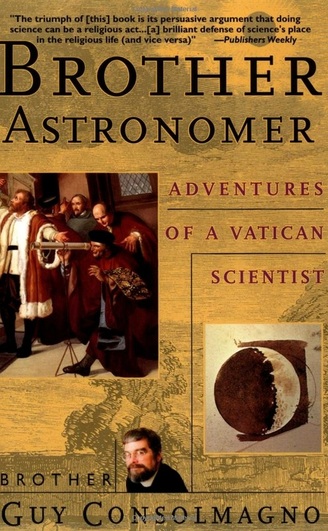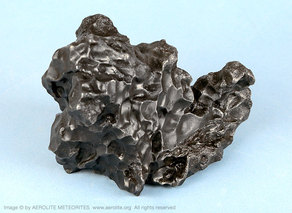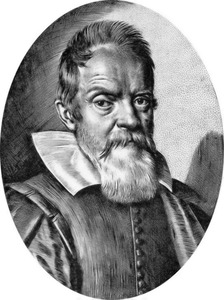
To Brother Guy’s credit, he freely discusses the Church’s notorious episode in “silencing” the great Italian scientist, Galileo. While not justifying the Church’s actions, he does attempt to give a more balanced view of what really happened back in the early 17th century, pointing out how relentlessly Galileo goaded the Church at the time. He talks about how Galileo grew increasingly cantankerous and combative, and showed little willingness to compromise. If the Church authorities over-reacted—which of course they did—Brother Guy points out that, after all, they were only human.

These activities would seem pretty exotic to most of us, but not especially so in the world of astronomers. And in this sense, what is most remarkable about the book, is that Brother Guy comes off as an ordinary ‘guy’, superficially no different than any of his peers. He integrates his faith life seamlessly into his work life. He does not have to make Herculean efforts to keep the two worlds apart. To paraphrase Brother Guy: ‘the truth is the truth; religion and science are looking for the same thing.’ And in another place he says (again I paraphrase): ‘to strive to understand the workings of the Creator is just another way to worship and glorify God.’
Brother Astronomer is written in a homey, casual style, almost as if he were writing a letter to friends. No overall theme dominates the work. It is Brother Guy’s personality that pervades the work: his intelligence and his feelings of inadequacy (apparently even M.I.T. graduates feel such things.) Mostly the scientist-priest comes across as a man who is at peace with the universe at every scale: from the micro to the macro and indeed to the spiritual beyond.

